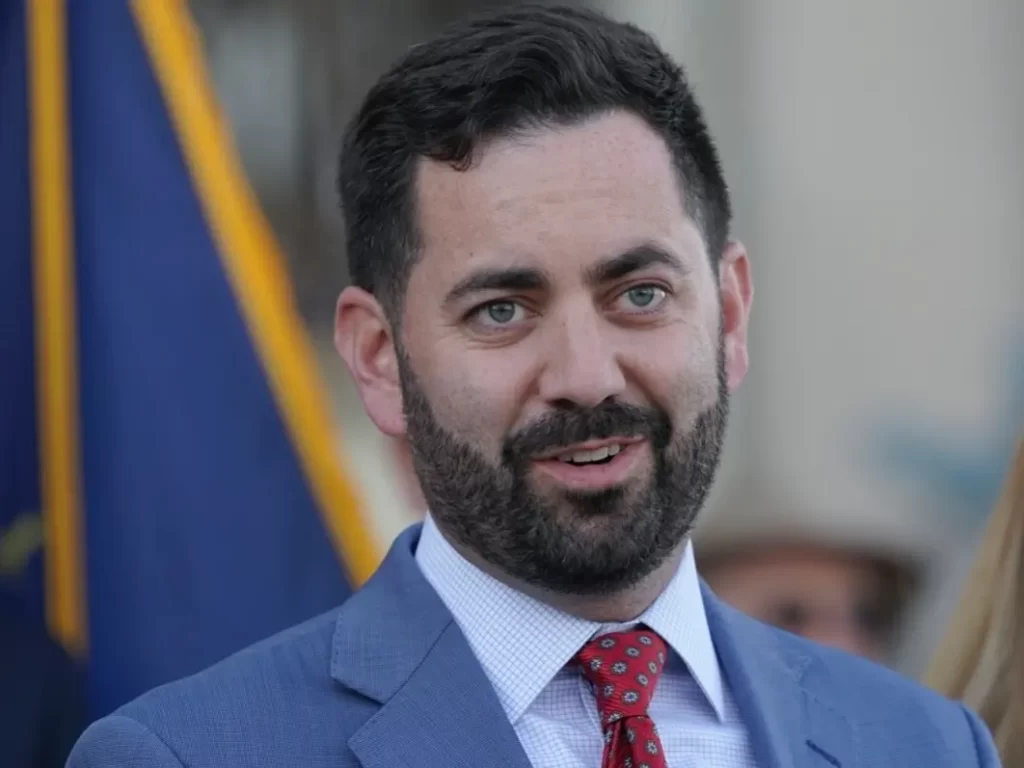In a dramatic move, President Donald Trump has rescinded federal approval for New York City’s congestion pricing program, effectively terminating the initiative that faced significant public opposition. The decision, communicated through a letter from U.S. Secretary of Transportation Sean Duffy, was celebrated by many commuters and business owners but met with resistance from New York Governor Kathy Hochul and MTA officials.

“New York hasn’t labored under a king in over 250 years, and we sure as hell are not going to start now,” Hochul declared, referencing a social media post by Trump. The governor framed the decision as an overreach by Washington, despite growing dissatisfaction with the tolling plan among residents and businesses. “This is an attack on our sovereign identity, our independence from Washington,” she insisted.

The Failure of Congestion Pricing
The congestion pricing program, which charged vehicles entering Manhattan’s central business district, quickly became one of the most unpopular policies in recent memory. Critics contended that the tolls placed an unfair burden on working-class commuters while providing minimal traffic relief. Polls indicated widespread opposition, with a Siena College survey revealing that 64% of New Yorkers opposed the plan.
Despite MTA Chair Janno Lieber’s claims that the program led to a 9% reduction in traffic, concerns persisted regarding its economic impact. Business owners reported a decline in customer foot traffic, and many New Yorkers viewed the initiative as another tax rather than a genuine improvement to public transit. “The people who live here, who are real New Yorkers, they’re the ones I have to listen to,” Hochul stated in defense of the program, although surveys indicated otherwise.
Congressman Mike Lawler also weighed in on the issue on MSNBC, calling the congestion pricing plan a “scam.” While he acknowledged the need for infrastructure upgrades, he criticized Governor Hochul for burdening everyday New Yorkers with additional costs. “The fact is, Governor Hochul is charging the average New Yorker $2,500 more to drive into the city to go to work on an annual basis,” Lawler said. “Meanwhile, she is spending billions of dollars in taxpayer money on free housing, clothing, food, education, and health care for illegal immigrants.”

Lawler maintained that while improvements are necessary, the MTA needs a complete overhaul instead of accumulating more debt. He described the agency as “the worst-run authority in the country,” arguing that congestion pricing was merely a way to mask longstanding financial mismanagement.
Within minutes of receiving the federal letter, the MTA filed a lawsuit to reinstate congestion pricing. “We are keeping the cameras on. Lights, cameras, action. They’re staying on,” Hochul insisted. However, opposition remains strong, with many New Yorkers relieved by Trump’s intervention.
MTA officials argued that congestion pricing was essential for funding infrastructure improvements, but opponents pointed out that the agency had a history of mismanaging funds and failing to deliver significant transit upgrades. “The next time you’re stuck in traffic, the next time your train is delayed, the next time you’re in a flooded station, remember this moment,” Lieber stated. Critics responded by highlighting that the MTA’s budget issues predate congestion pricing and that new tolls were not a guaranteed solution.
A Political Showdown
Hochul suggested that Trump’s decision was politically motivated, labeling it part of his “revenge tour” against New York. However, Trump’s action aligns with the sentiments of many New Yorkers who perceived congestion pricing as an unfair and costly burden. “I thought the Republican Party supported local control,” Hochul remarked, although many viewed federal intervention as essential to mitigate economic damage.
When asked whether this marks a shift in her approach to the Trump administration, Hochul responded, “I think the bear has been poked.” However, with broad public disapproval of congestion pricing, political momentum appears to be on Trump’s side.
What’s Next?
Legal battles over the program’s future are expected to be drawn out, but congestion pricing has been halted for now. “We have no contingency plan,” Lieber admitted, emphasizing confidence in a legal victory. Yet, with public sentiment largely against the tolls, the program’s future remains uncertain.
Currently, New Yorkers who opposed the pricing plan are celebrating what they perceive as a victory for fairness and affordability. As Hochul and the MTA work to reinstate the policy, they may encounter a tough challenge from a population that has mostly rejected the plan from the beginning.










